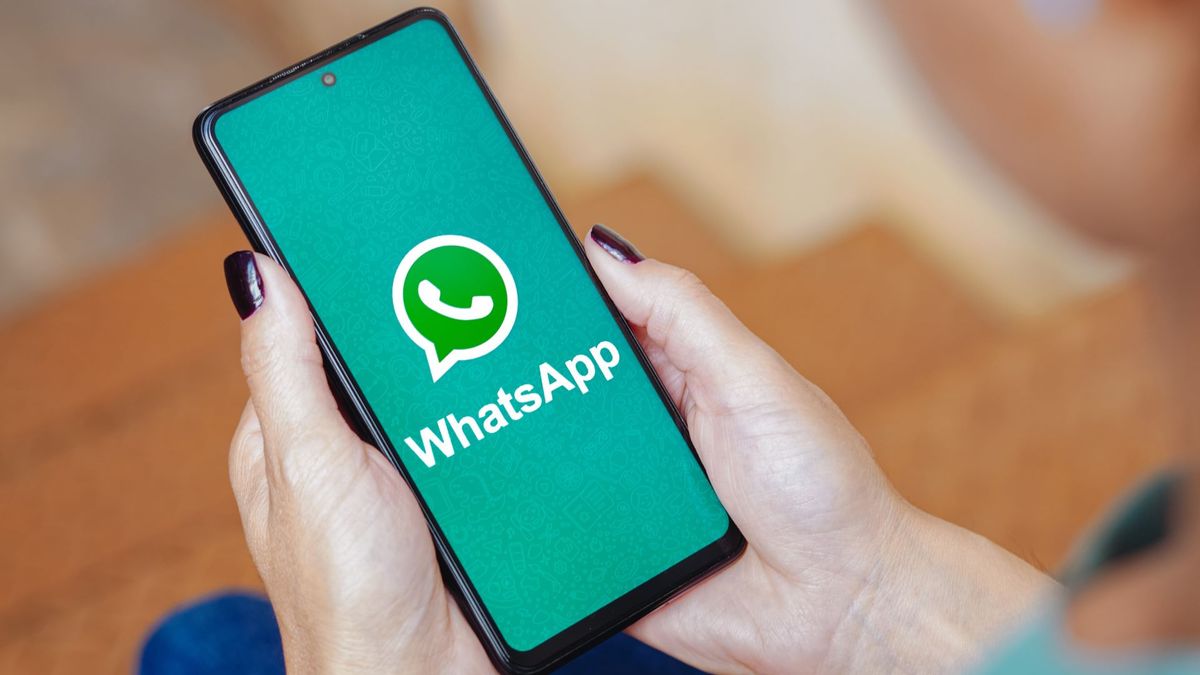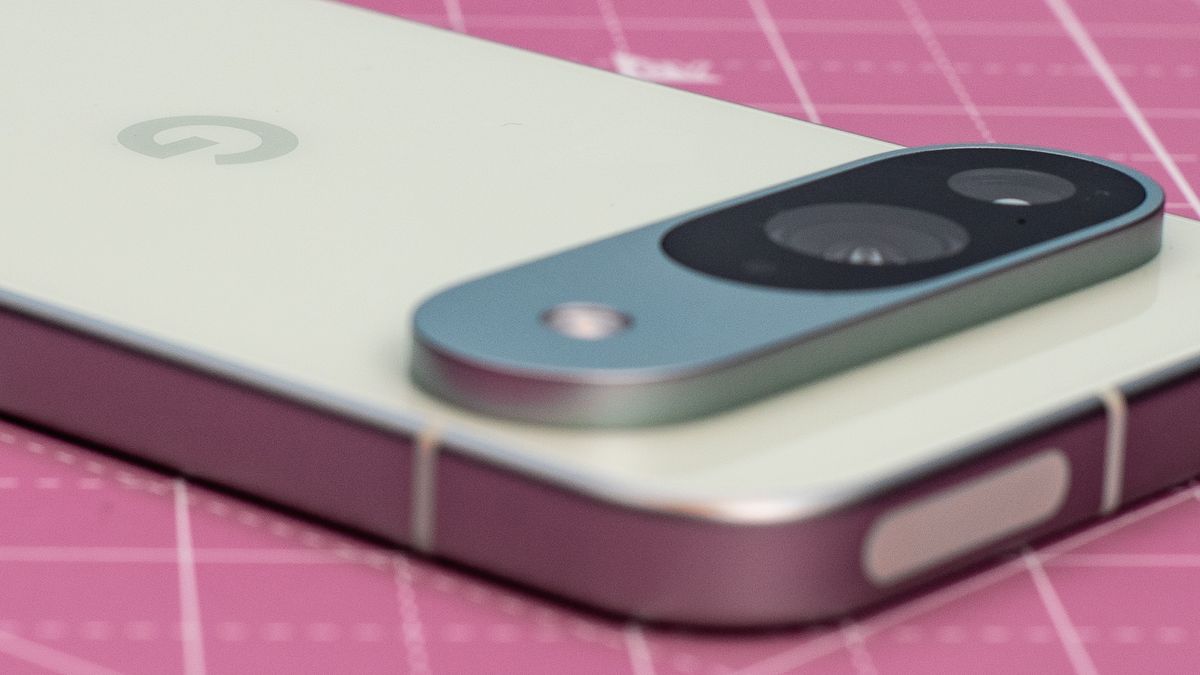Other Humane charging accessories, like the Charge Pad, are said to be unaffected because Humane doesn’t use the same unnamed vendor for any parts besides the Charge Case Accessory’s battery.
Humane’s statement puts the blame on this anonymous third-party vendor. The company said it realized there was a problem when a user reported a “charging issue while using a third-party USB-C cable and third-party power source.” The company added:
Our investigation determined that the battery supplier was no longer meeting our quality standards and that certain battery cells supplied by this vendor may pose a fire safety risk. As a result, we immediately disqualified this battery vendor while we work to identify a new vendor to avoid such issues and maintain our high quality standards.
Impacted customers can get a refund for the accessory (up to $149) or a replacement via an online form. While refunds will go through within 14 business days, users seeking a replacement Charge Case Accessory have to wait until Humane makes one. That could take three to six months, the San Francisco firm estimates.
In the meantime, Humane is telling customers to properly dispose of their Charge Case Accessories (which means not throwing them in a trash can or the used battery recycling boxes found at some stores).
Another obstacle for Humane
A well-executed recall in the name of user safety isn’t automatically a death knell for a product, but Humane has already been struggling to maintain a positive reputation, and its ability to sell AI Pins in the long term was already in question before this mishap.
The AI Pin's launch was marred by a myriad of complaints, including the pin's inability to properly clip to some clothing, slow voice responses, short battery life, limitations with the laser projector working outside of dark rooms, and overall limited functionality. Soon after the product was released, The New York Times reported that the company’s founders, two former Apple executives, ignored negative internal reviews and even let go of an engineer who questioned the product. Humane spokesperson Zoz Cuccias admitted to The Verge in August that upon releasing the wearable, Humane “knew we were at the starting line, not the finish line.”





:quality(85):upscale()/2024/11/05/936/n/1922153/cc2bbd68672a8e1588a964.53876938_.webp)
:quality(85):upscale()/2024/08/06/667/n/1922794/4bc1ce8866b23aaf319c84.46755244_.png)


 English (US) ·
English (US) ·